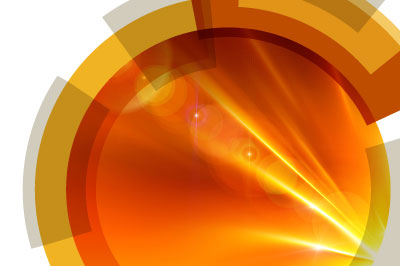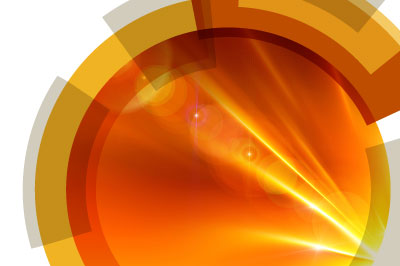This event will include a poster session, providing an opportunity for early career researchers to share and discuss their recent research advances and to network with others delegates. Abstracts are welcomed from PhD students who are in their final year of study (at the time of submission), postdoctoral researchers and early career academics.
Chemical biology symposium 2019
20 May 2019, London, United Kingdom
This symposium will showcase the state of the art in chemical biology, bringing together the wider community with leading national and international experts in the field. The programme will explore all aspects of chemical biology and highlight the wider scope and impact of the field. Additional aims of the event are to stimulate research collaboration, networking and engagement within the chemical biology community, as well as with those in related disciplines.
This event will include a poster session, providing an opportunity for early career researchers to share and discuss their recent research advances and to network with others delegates. Abstracts are welcomed from PhD students who are in their final year of study (at the time of submission), postdoctoral researchers and early career academics.
This event will include a poster session, providing an opportunity for early career researchers to share and discuss their recent research advances and to network with others delegates. Abstracts are welcomed from PhD students who are in their final year of study (at the time of submission), postdoctoral researchers and early career academics.
Thank you to everyone for submitting your abstract.
Poster abstract submission is closed.
Poster abstract submission is closed.
Registration for the Chemical Biology Symposium includes:
Book now
- Attendance at the scientific sessions
- Refreshments throughout the meeting
- Lunch
- Attendance at the poster session drinks receptions
- Hard copy of the abstracts
| Early bird | Standard | |
|---|---|---|
| RSC Member | £60 | £70 |
| Non-member | £70 | £80 |
| RSC Student Member | £40 | £50 |
| Student Non-member | £50 | £60 |
| Accompanying person | £40 | £40 |
Accompanying person
If you would like to bring a guest to the conference, this can be done during the registration process. There will be a charge of £40 which will include all lunches and refreshments but does not include attendance at any scientific sessions.Book now
Terms and Conditions for Events run by the Royal Society of Chemistry
We have two types of grants available to attend this meeting:
Applications for either grant should be submitted as early as possible, but at least 8 weeks in advance of the start of the meeting. Please see respective terms & conditions for full eligibility information.
- A limited number of non-competitive travel grants of up to £200 are available for PhD students and early career scientists. These are assigned on a first come, first served basis. Applicants must be Royal Society of Chemistry members of any level at the time of making their application.
- Competitive grants of up to £800 are available to assist with international travel expenses for PhD students, postdocs within 10 years of completing their PhD and early career scientists (including technicians and industrialists) within 10 years of leaving full time education. In addition, applicants must be Royal Society of Chemistry members of any level at the time of making their application.
Applications for either grant should be submitted as early as possible, but at least 8 weeks in advance of the start of the meeting. Please see respective terms & conditions for full eligibility information.
A selection of sponsorship opportunities are available for companies who would like to promote their activities at the Chemical Biology Symposium 2019.
As well as booking a table top exhibition space, there are opportunities to sponsor social events, advertise in the abstract book or place a promotional item in delegate packs. A sponsorship menu document is available to download from this page with more details and prices.
If you would like more information about sponsoring the Chemical Biology Symposium, please contact the Commercial Sales Department at the Royal Society of Chemistry on solutions@rsc.org Sponsorship Menu
As well as booking a table top exhibition space, there are opportunities to sponsor social events, advertise in the abstract book or place a promotional item in delegate packs. A sponsorship menu document is available to download from this page with more details and prices.
If you would like more information about sponsoring the Chemical Biology Symposium, please contact the Commercial Sales Department at the Royal Society of Chemistry on solutions@rsc.org Sponsorship Menu
The Royal Society of Chemistry
The Royal Society of Chemistry, Burlington House, Piccadilly, London, W1J 0BA, United Kingdom
Useful links
There is no accommodation provider for this event.
Events Team
Royal Society of Chemistry
Thomas Graham House,
Science Park,
Milton Road,
Cambridge,
CB4 0WF
UK
+44 (0) 1223 432509
Contact us by email
Royal Society of Chemistry
Thomas Graham House,
Science Park,
Milton Road,
Cambridge,
CB4 0WF
UK
+44 (0) 1223 432509
Contact us by email
Search
Advertisement
Spotlight















